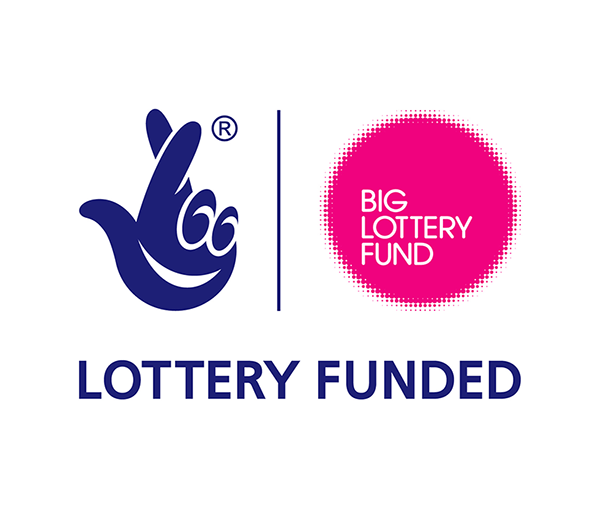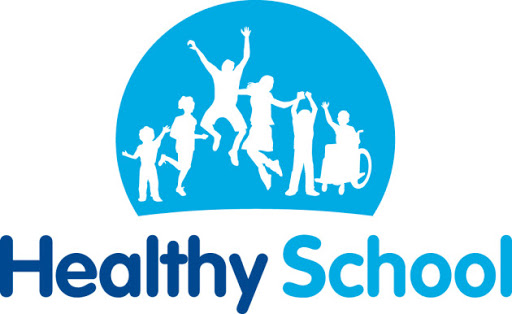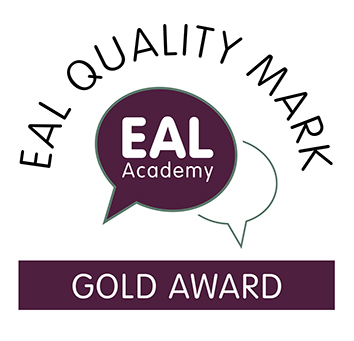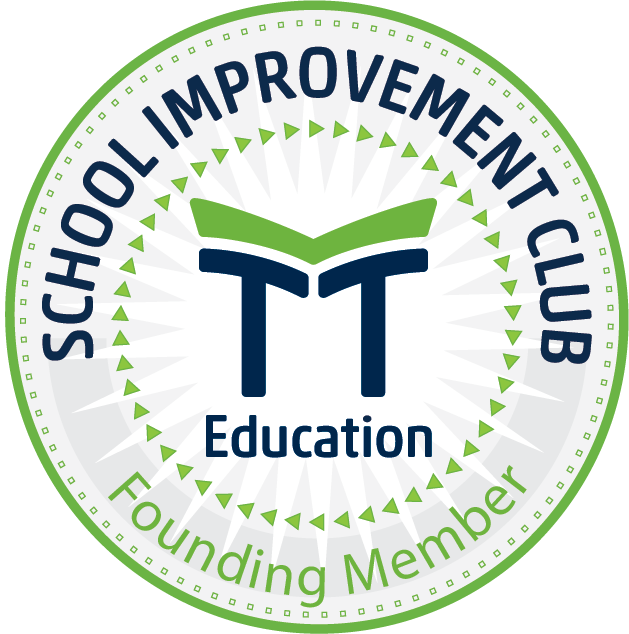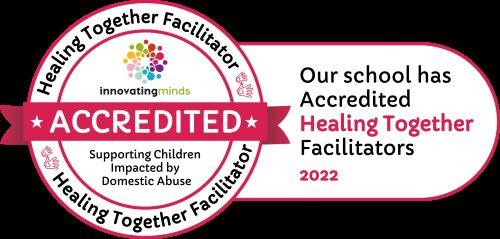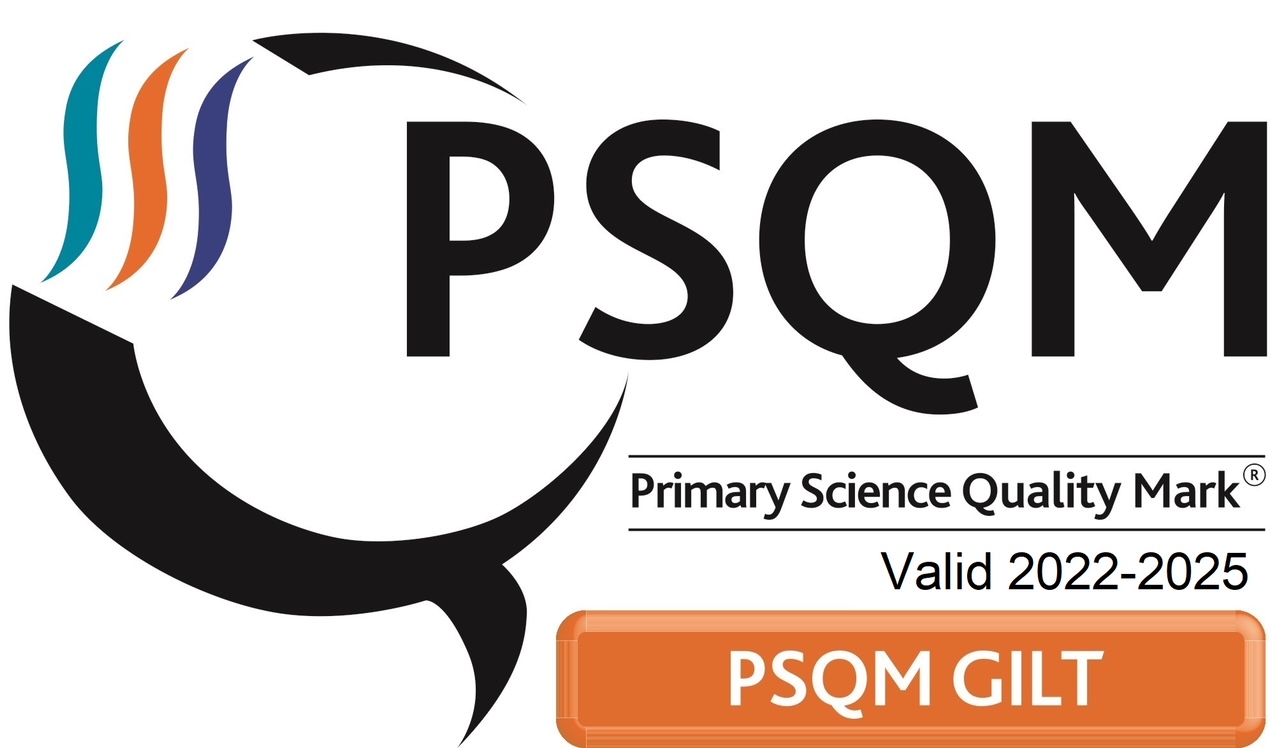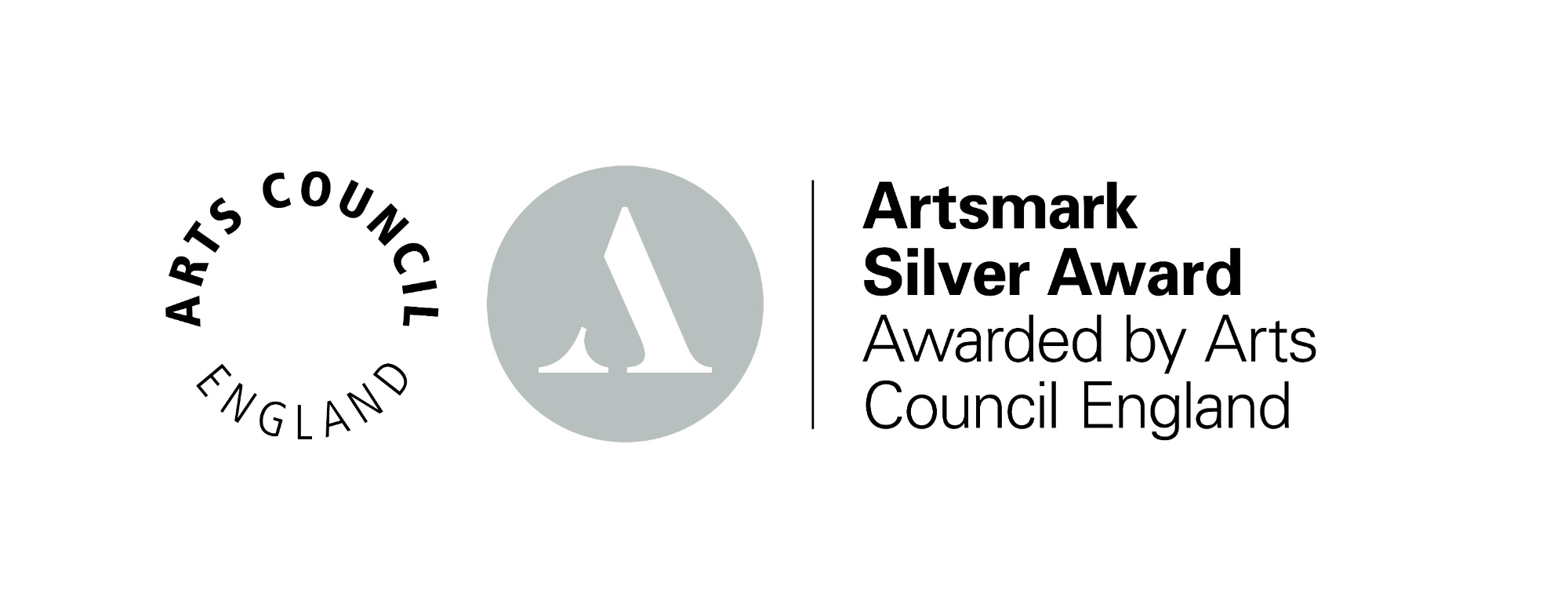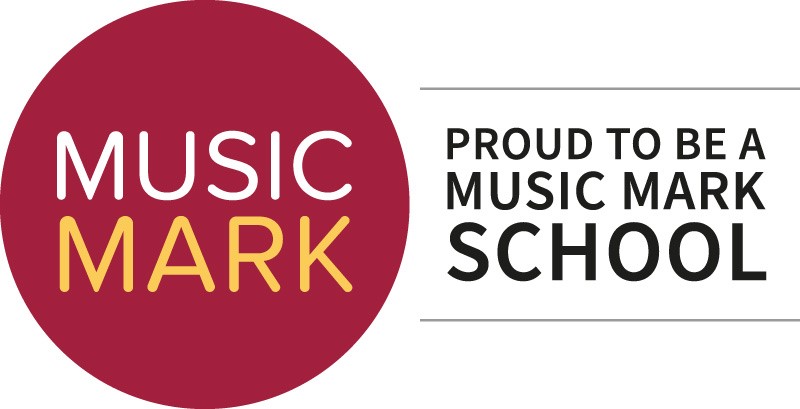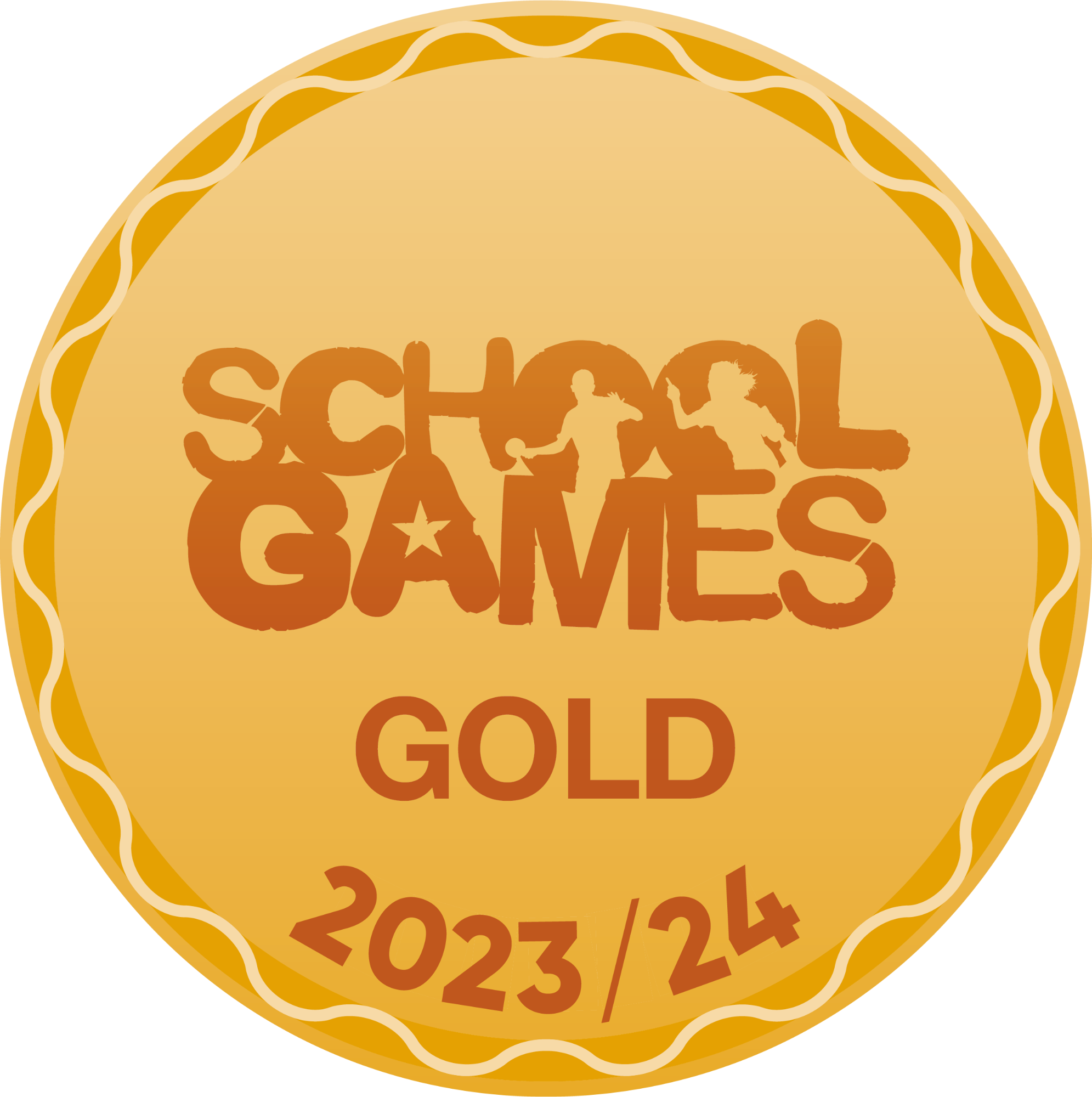Year 1
Autumn Term 2024
Our topics this term are Travel & Transport and Our Local Area. A flavour of some of what the children will be learning and experiencing during these topics is given below.
Travel & Transport
During Literacy this term, we will apply our phonics knowledge from daily phonics sessions to support us with sounding out words (segmenting) and choosing the right sounds (graphemes) to record them. We will begin the term by exploring Whatever Next by Jill Murphy. We will sequence the story, design and describe our own rockets, use adjectives to describe the setting and decide what items we would take to space and have for a picnic on the moon. We will then read the fantasy story Where the Wild Things Are by Maurice Sendak where we will explore how we can use adjectives to describe the appearance and behaviour of characters. Within this term, we will also develop our understanding and enjoyment of poetry by exploring performance poetry. Toward the end of the term, we will read The Way Back Home by Oliver Jeffers and design and write our own postcards. We will also explore and create our own information text about Bessie Coleman in celebration and recognition of Black History Month. Throughout the term, we will focus on remembering to use capital letters, finger spaces and full stops within all of our sentences.
In Numeracy, we will initially focus on counting and ordering numbers to 20 while making sure we write each number correctly. We will use our counting to find out one more and one less than a number before we move onto simple addition and subtraction. We will use lots of concrete resources to support us, for example cubes and numicon, and also practise using our own jottings to work out our answers too. We will also name 2D and 3D shapes before we discuss and describe their properties. We will have separate ‘fluency bee’ sessions to embed our number knowledge and ensure it supports us throughout all areas of maths.
In Science, we will be learning about animals including humans. We will identify the basic parts of the human body and say which part of the body is associated with each sense. We will discuss why senses are important for animals including humans to survive. Throughout this topic, we will also explore the innovative tools and strategies designed to help a person who has, for example, a visual impairment or hearing loss. For instance, hearing aids can significantly enhance the ability to hear, while braille enables individuals who are visually impaired to read through touch. As scientists, we will work scientifically and carry out a range of investigations. Throughout the term, we will find out about the life and work of Dr Robyn Grant, a sensory biologist and Professor Heather Smyth, a sensory and flavour chemist. As part of our work on observing changes over time, we will also be learning about seasonal changes as they are happening. This term we will be exploring what changes we can see in autumn.
In History, we will be learning about our class name which is based on a famous person from the past. We will then make a modern-day comparison to this person. We will look at how travel and transport has changed over time and think about what different methods of transport there might be in future. We will look at different types of transport and focus on Viking longboats, cars, planes and trains in more detail.
In Computing, we will gain an understanding of how technology can help us. We will become more familiar with the different components of a computer by developing our keyboard and mouse skills and will also start to consider how to use technology responsibly.
In Art, we will be exploring observational drawing and sketching. The children will create a self-portrait by looking closely at their facial features in a mirror and use sketching ‘B’ grade pencils to draw what they see. They will then use paint to add colour to their self-portraits and decorate the background in colours and patterns to express themselves. The children will then showcase their masterpieces to their classmates. We will continue to practise our observational drawing by sketching toy vehicles and the children will learn about how to add shading.
In Design Technology, we will begin by finding out what sliders and levers are and using them in our own design following a given brief. We will use cutting and joining skills to make a car slider move along a page and sun lever move in the sky. Finally, we will evaluate both our own products as well as further examples, practising giving our opinions and the reasons for them.
During Music, through listening to a range of different music and playing games, we will learn to identify the difference between pulse and rhythm in a song. We will then consolidate this through listening and performing activities, whilst really getting to know each other. After half term, students will develop their vocal and performance skills, learning the music for their Christmas production. They will develop their pitching and confidence, ready to perform to a large public audience.
In PE, we will develop the fundamental skills of balancing, running, changing direction, jumping, hopping and skipping as part of our indoor sessions. During our outdoor sessions, we will explore and develop fundamental ball skills such as throwing and catching, rolling and dribbling with both hands and feet. We will focus on performing these skills with increasing control and accuracy using co-ordination and balance. Throughout the term, within both our indoor and outdoor PE sessions, pupils will have opportunities to work collaboratively with others, taking turns and sharing ideas.
As part of our learning in RE, we will begin to understand what our world looks like and think about how it came to be. We will think about how we are similar and different from others and how we are all unique and special. We will begin to look at different faiths and explore different head coverings, how people from different religions might pray, how they might help the community and how we can too.
In PSHE, we will be looking at how to stay safe and in particular talk about road safety. We will also look at how we can stay healthy and talk about the importance of washing our hands.
Our Local Area
During Literacy this term, we will continue to practise using capital letters, finger spaces and full stops within all of our sentences. We will also continue to have daily phonics sessions and will be encouraging children to use their phonics to support their spellings in their written work. During our work on poetry this term, we will learn about senses poetry. We will also learn about tenses and explore how to use the past tense when writing a recount. Toward the end of the term, we will also read a range of familiar stories and use these as inspiration to enable us to develop our fictional writing.
In Numeracy, we will have a focus on number bond recall, and being able to apply this knowledge to questions. We will recap and further practise addition and subtraction, using partitioning to help us to understand the component parts of each number. We will begin our money work where we will recognise coins, understand their value and use these to make different amounts. We will also begin our time work by understanding what o’clock times look like on a clock and using this to help us sequence familiar events. We will continue with our separate fluency sessions, practising our skills and how we can apply our knowledge across all maths areas.
In Science, we will be learning about everyday materials. We will look at different objects and learn the difference between an object and the material it is made from. After we have named the different materials we will then describe their properties. We will then investigate which materials would be most appropriate to use for an umbrella and why. We will develop our scientific vocabulary with words such as ‘waterproof’, ‘absorbent’, ‘breaks/tears’. We will also be testing which materials keep us warm and sorting/classifying a variety of different materials. We will continue to learn about seasonal changes; this term our focus will be what happens during winter.
As part of Geography, we will be learning about where our school is and create aerial maps of different areas of our school. We will learn about a variety of basic geographical features including different types of houses, and use fieldwork skills to investigate the types of houses in our local area. We will also identify and group the human and physical features in our local area. Our directional language skill will be applied to give instructions to others for how to move around in a familiar space.
In Computing, we will explore the world of digital art and its exciting range of creative tools. We will explore the digital artwork of a range of artists and will take inspiration from their artwork to create our own digital paintings. Toward the end of the term, we will reflect on our preferences when painting with, and without, the use of digital devices.
In Art, we will listen to the story of ‘The Leaf Man’ by Lois Ehlert and use this as inspiration to create our own collages using natural resources. We will also be exploring the patterns found on different surfaces both indoors and outdoors in our local area by creating rubbings (using chalk or wax crayons). We will look closely at our rubbings and annotate our work in our sketchbooks to show our thoughts/ideas/learning process. We will then include some of our rubbings to create a collage of our local area in the style of artist Max Ernst. This process is called frottage. We will then showcase our work to our classmates as a mini ‘art gallery’.
During Music, through understanding the concept of pitch, and recognising music as “high and low”, we will develop our composing skills and create a Superhero theme tune. We will develop our skills and understanding through listening to a range of pieces and using movement to music.
In PE, we will explore and develop our teamwork skills as part of our topic of team building. We will work individually, in pairs and in small groups, learning to take turns, work collaboratively and lead each other. We will develop key skills of communication and problem solving. During our outdoor PE sessions, we will explore invasion games. Throughout these sessions, we will develop our understanding of attacking and defending and what being ‘in possession’ means. We will use and develop skills such as sending and receiving with both feet and hands, as well as dribbling with both feet and hands. We will learn how to score points in these types of games and how to play to the rules. Pupils will work independently, with a partner and in a small group and begin to self-manage our own games, showing respect and kindness towards our teammates and opponents.
As part of our learning in RE, we will begin to understand how and why people might celebrate Harvest and Christmas. We will look at where our food comes from, when Harvest is celebrated and how it can help people in need. We will further our understanding of the Christmas story and how Christmas is celebrated by different people.
In PSHE, we will be looking at friendship. We will begin to understand what it means to be a good friend, how to recognise kind and thoughtful behaviours, understand the importance about caring for others feelings and start to be able to see a situation from another person’s point of view.

